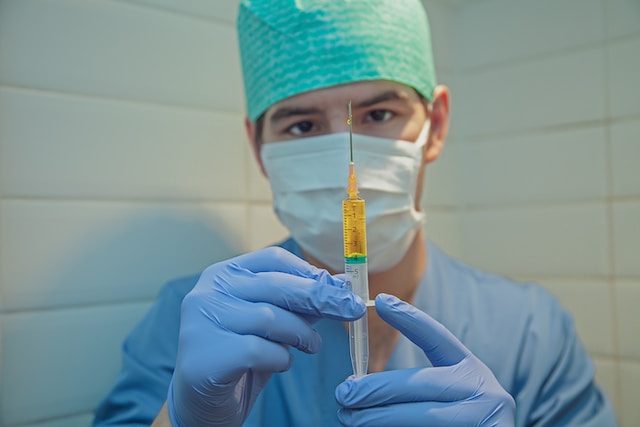The devastating effects of nuclear disasters leave the human body vulnerable and defenseless. Despite extensive research, there has yet to be a reliable antidote that can effectively counteract the damage. However, recent advancements in radiation antidotes have sparked new hope.
Sinclair International has initiated human trials for HOPO 14-1, an innovative anti-radiation medication designed to aid in decontamination for individuals exposed to radioactive substances, particularly in the event of nuclear accidents or dirty bomb attacks.
The primary concern in cases of nuclear contamination lies in the location of radioactive elements rather than the nature of the contaminants themselves. Elements with longer half-lives pose a greater danger as they are more likely to be encountered and absorbed within the body, compared to those with shorter half-lives that emit high radiation levels.
Traditionally, treatments for radiation exposure involve removing the radioactive elements from the body or impeding their absorption.
Potassium iodide is a well-known example used to protect the thyroid gland from radioactive iodine. By introducing stable iodine through potassium iodide tablets, the body is saturated, preventing the absorption of radioactive iodine and facilitating its subsequent elimination.
HOPO 14-1 takes a different approach by chelating radioactive elements. The medication attaches molecular segments to the atoms, detaching them from living cells or preventing their absorption. While this concept is not entirely novel, as another drug called diethylenetriamine pentaacetate (DTPA) has been approved, HOPO 14-1 offers the convenience of oral administration in tablet form, unlike DTPA, which requires injection or inhalation via a nebulizer.
The ongoing human clinical trials, supported by funding from the National Institute of Allergy and Infectious Diseases (NIAID) and led by Polly Chang, Senior Scientific Director in SRI’s Biosciences Division, aim to evaluate the safety of HOPO 14-1.
Dr. Chang emphasizes the importance of the trial results in assessing the medication’s safety profile, distribution, and elimination within the body. The outcome of these trials will lay the foundation for regulatory approval and the eventual availability of HOPO 14-1 in the market.







